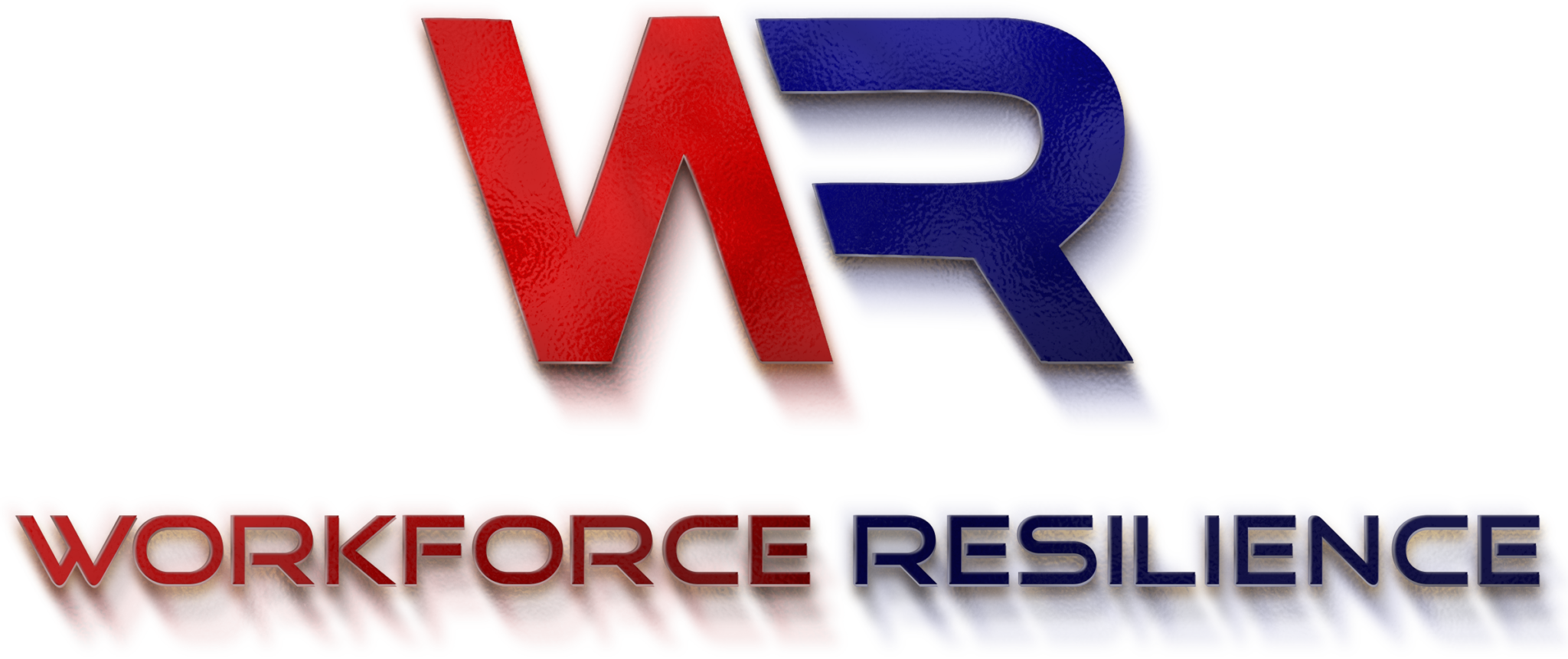The current COVID-19 epidemic raises multiple problems for companies, including increasing the risk of elevated workplace diseases. However, the actual effect on workers ‘ compensation schemes may be much more severe, with higher volume of lawsuits for some sectors, increased payroll costs for many employers and more compliance pressures.
Numerous sources claims the number of requests for total pay by employees during the pandemic may decrease as less people work. However, it is possible that this effect is not universal in all sectors and employer statements will not be limited to COVID-19 exposure.
While several organizations have switched to remote job models, others cannot do so quickly to encourage social space. Air travel, tourism, catering, building, processing, shopping, delivery and the sharing of economics employees, etc., may also operate in close quarters to raise the risk of coronavirus infection by addressing clients, staff, and others. Related issues are faced, along with risk of close interaction with COVID-19 patients, by civil service staff, key employees and doctors systems of accountability.
Employees should also be willing to raise allegations regardless of other reasons, including:
New employees
While many companies face large challenges, others, for instance brick and mortar and online stores, are recruiting new workers to satisfy rising demand for particular goods and services. These workers may be vulnerable to job injury in new work conditions, likely with little too little time for instruction and safety preparation.
Telecommuting
In addition, workers are subject to the same possible risks, whether staff works in business premises or at home. But workers can face more problems when telecommuting staff, including a lack of supervision of work conditions, potentially inappropriate use of equipment and home entertainment. The pandemic, which has helped intensify mental trauma and tension and prompted many workers to share precautionary homes with their families, infants, and pets, is compounding these difficulties.
Growing joblessness
Long-term economic predictions pertaining to the pandemic are drastic and many firms are now forced to stop or furlough workers. It has become clear that these employers may attempt to cover their lack of wages by the implementation of workers ‘ compensation insurance – some of which may be false statements, during the financial crisis as well as the downturn in the late 2000s and early 2010s.
Delayed Compensation Settlements Companies should be willing to be open for longer in response to a larger volume of claimants in some sectors and for current and future compensation. State benefits board offices across the country have been locked down to the general public; some hearings often take place but several are delayed. There are also few options for cases, including professional medical examinations and laboratory facilities.
Injured staff will also see a pause in their return. Many doctors and physical therapists that closed their offices and hospitals temporarily, overwhelmed with the COVID-19 cases, terminate regular consultations and opt-out procedures. In the same way, the nurse case managers do not see patients; critical medical resources, including diagnostic testing and MRIs may not be available. With most firms closing for the near future, even a number of workers who are recovered and eager to return to work have no temporary employment to return for them.
While the allegations of these workers remain confidential and are not regarded as financial assistance, they will continue to obtain compensation. Cases in lawsuits remain largely pending until the pension boards of state workers re-establish their operations – and the more disabled personnel stays away, the tougher it is for them to finally return to profitable work.
Furthermore, physicians, insurance providers, pay boards for employees and others can continue to handle their backlogs, even when medical and dispute services are easily available once more.
Continuing pandemics and going back to life slowly are important for employers to take different steps to handle job pay cases in a proper way. And culture in general.
Trained risk management should create transparent and detailed strategies to handle the future effects on lawsuits for their third-party managers (TPAs) and insurers. While the funds could be small, employees, insurers and TPAs can work together to ensure the rigorous examination of claims which, with the rates of false claims in the coming months and reimbursement for cases suspected to have COVID-19 publicity on the workplace, is particularly essential.
Employers can also use technology in insurance processing. According to Foyle Legal, a Perth personal injury lawyer firm in Perth Western Australia, artificial intelligence and other technologies can help risk practitioners and others to recognize and target early intervention claims that are potentially difficult or complicated. This could entail adding more seasoned claimants and other tools to better settle them. Employers may also collaborate with their contractors to resolve old cases and reduce backlogs, which will generate additional opportunities to concentrate on new claims. This will also alleviate liquidity conditions and can be further checked due to the economic environment and especially in the economic condition of particular firms.
Finally, preparation and instruction in accident reduction are critical for all businesses facing increased demands on their employees. Training should help new workers understand core roles and the best way to carry out important duties — e.g., moving boxes and other items. Employers should also improve good health and safety policies for on-premise and remote workers, including how to mitigate discomfort on a physical or mental basis and reduce travel accidents, through online guides and other ways.


